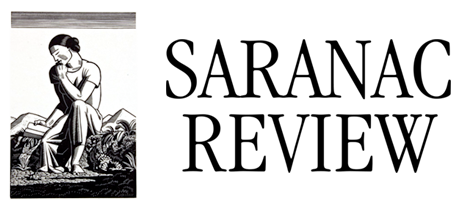A Queer Perspective on College Texts and Lectures
When reading a text, if you want to know if queer people were considered when it was written, look at how things are worded, and what is or isn’t discussed. For example, a textbook for one of my classes refers to the LGBTQIA+ movement as the “gay and lesbian movement,” but this term fell out of use in the queer community two or three decades prior to the publication of this book in 2017. The words we choose and the way we speak reflects our beliefs; the term “gay and lesbian movement” fell out of use because it wasn’t inclusive of the whole queer community, leaving me to wonder whether the choice to use this term was an innocent mistake—or does the author believe that only gay and lesbian people are the only part of the community that deserves recognition? If it was an honest mistake using an outdated term, what caused it? Was it an oversight, or did the textbook author get its information from an old or possibly outdated source? And how does this word choice affect non-queer readers' understanding of the queer community? Ultimately, why this outdated term is used isn’t as important as its ramifications. Any non-queer student reading this textbook may see this reference and think gay and lesbian people are the only important part of the community, leading to hostility toward queer students who don’t fit this mold. Queer students reading this text may feel excluded, or as if they are not valued in this institution, where a required textbook excludes them in conversation about the LGBTQIA+ movement.
Class lectures are more subjective; a professor talking in real time doesn’t go through a stringent editing process, and therefore they deserve more grace when it comes to word choice, but it is still something interesting to look into. For example, one of my professors was discussing an interview between two people, one man and one woman, and referred to them as “these two fellas.” Was this professor aware of the fact that fellas is a masculine term, did they say this out of instinct? Intention matters, but since I can’t read minds, I will focus on impact. This choice of a masculine term to refer to two people of opposite genders reinforces the idea that male is the default. It also minimizes the impact the woman’s gender has on her perspective in this interview. This is important because gender is a very powerful tool of oppression within our society, and it shapes the way individuals see themselves and the world around them.
Language has the potential to be harmful, but it also has the potential to be helpful and make people feel included. In one of my classes, the professor always uses gender neutral language when talking to the class. An example of this is when they dismiss class they always say, “I hope everyone has a good day/weekend,” in contrast to a couple of my other classes, where it is common to hear, “I hope you guys have a great day/weekend.” I don’t think there is anything overtly harmful about the use of “guys” in this way. However, I do think with continued and widespread use it has the potential to be. The use of the term “guys” to refer to everyone of every gender sets masculinity as a default; this can be dangerous, especially in the context that throughout history, and to this day, women are seen as objects, and those who don’t conform to the gender binary are seen as deranged or predatory. Seeing men as the default further others these already marginalized groups.
It is important for everyone to pay attention to how what they say impacts other people. Having good intentions is a great place to start; however, just intention is not enough. I am a queer woman who grew up in a very rural town in upstate New York, and I was terrified to come out of the closet; the closet was small and dark, but it was safe. I knew I was queer at 12 but didn’t come out until three years later. Some people were just hateful, but most just didn’t truly understand what being queer was. When given the language to understand what being queer means, people tended to be much nicer to me. My story is similar to a lot of my queer friends; this is why I think the language we use is so important.

